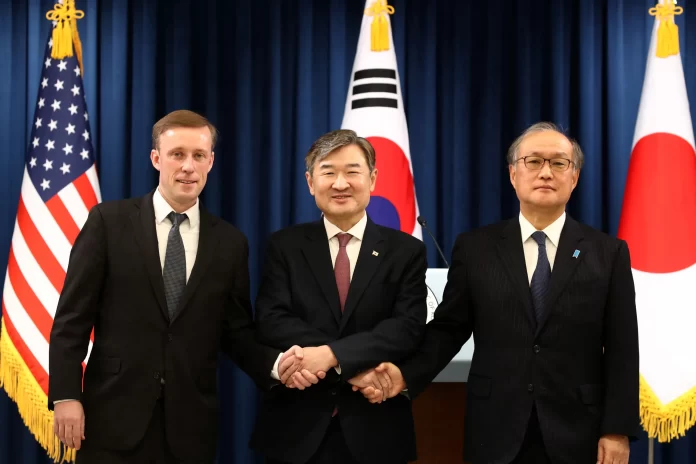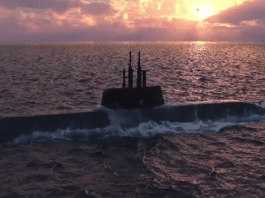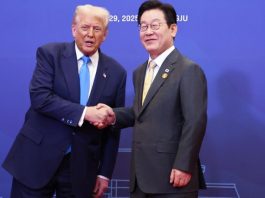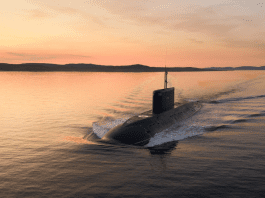On September 10, 2024, defense officials from the Republic of Korea (ROK), the United States, and Japan met in Seoul. They held the 15th Defense Trilateral Talks. This meeting aimed to strengthen their security cooperation.
Commitment to Security Cooperation
Cho Chang-rae (ROK), Cara Abercrombie (U.S.), and Yamato Taro (Japan) discussed their shared security concerns. They reaffirmed their commitment to working together. This follows recent summits and ministerial meetings.
The officials highlighted a new Memorandum of Cooperation. This framework, signed in July, helps formalize their security efforts. It aims to make their cooperation more systematic and stable.
Successful Trilateral Exercises
They also reviewed the multi-domain exercise FREEDOM EDGE, held in June. This exercise improved their ability to work together. It aimed to protect peace and stability in the Indo-Pacific and the Korean Peninsula. Plans are underway for a second FREEDOM EDGE exercise.
Addressing Regional Threats
The officials expressed concern about the DPRK’s nuclear and missile programs. They condemned recent actions by the DPRK. They pledged to deter these threats and maintain stability on the Korean Peninsula.
The talks also covered military activities in the South China Sea. The officials opposed unlawful maritime claims by China. They stressed the need to follow international law, including UNCLOS. This ensures freedom of navigation and overflight.
Focus on Taiwan Strait Stability
The importance of peace across the Taiwan Strait was emphasized. The officials called for a peaceful resolution of cross-Strait issues. They rejected any attempts to change the status quo by force.
Looking Ahead
The three sides agreed to update their multi-year exercise plan by the end of the year. They also planned to hold the 16th Defense Trilateral Talks in Japan next year. This ongoing cooperation aims to address regional security challenges and strengthen ties.
The 15th Defense Trilateral Talks showed a strong commitment from Korea, the U.S., and Japan to work together. By addressing regional issues and enhancing joint exercises, they aim to promote peace and stability in the Indo-Pacific region.







